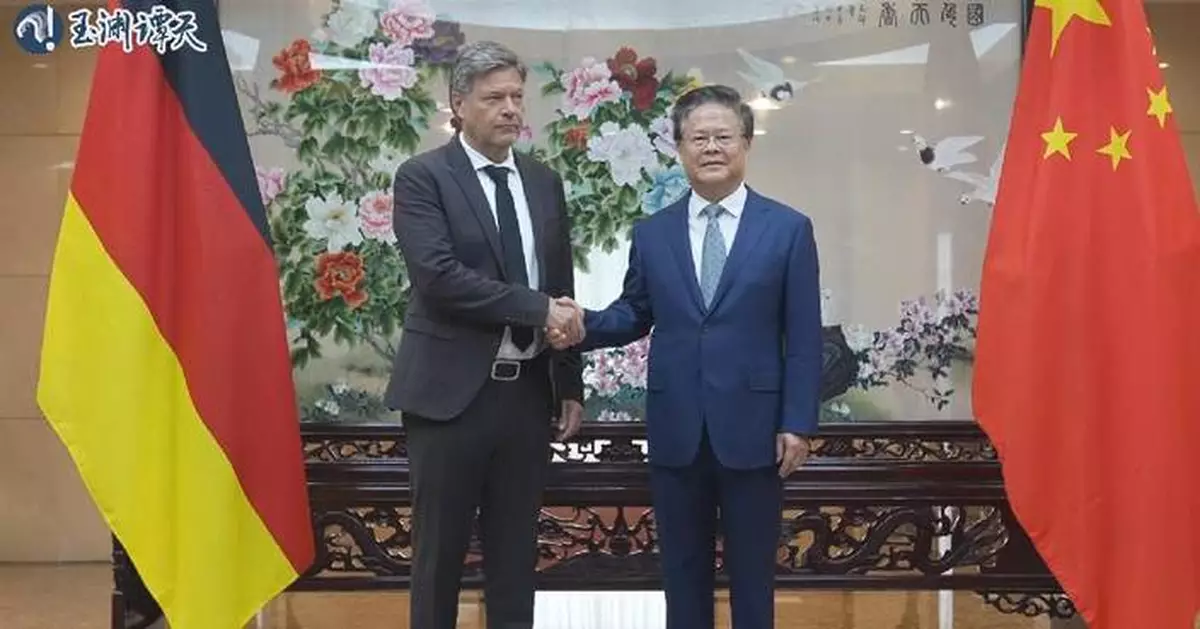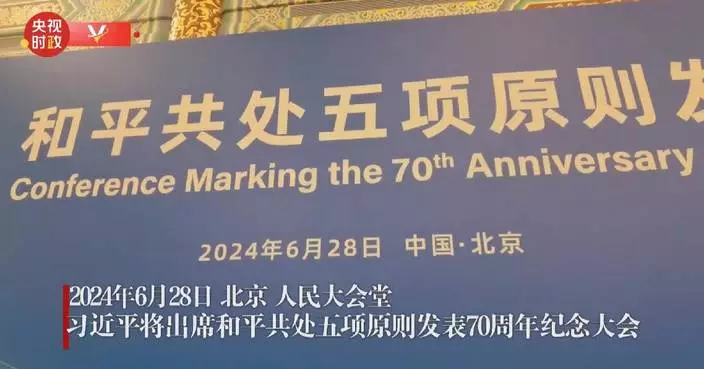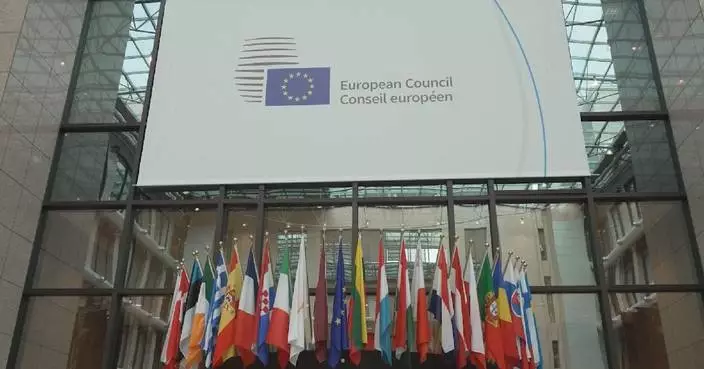China's National Development and Reform Commission Director Zheng Shanjie met Saturday with German Vice Chancellor and Federal Minister for Economic Affairs and Climate Action Robert Habeck in Beijing.
Habeck's visit to China is the first by a senior European official since the European Commission revealed a list of protectionist duties it would levy on imports of Chinese-made electric vehicles (EVs).
Prior to his visit to China, Habeck said that China is an indispensable partner in addressing global challenges such as climate change.
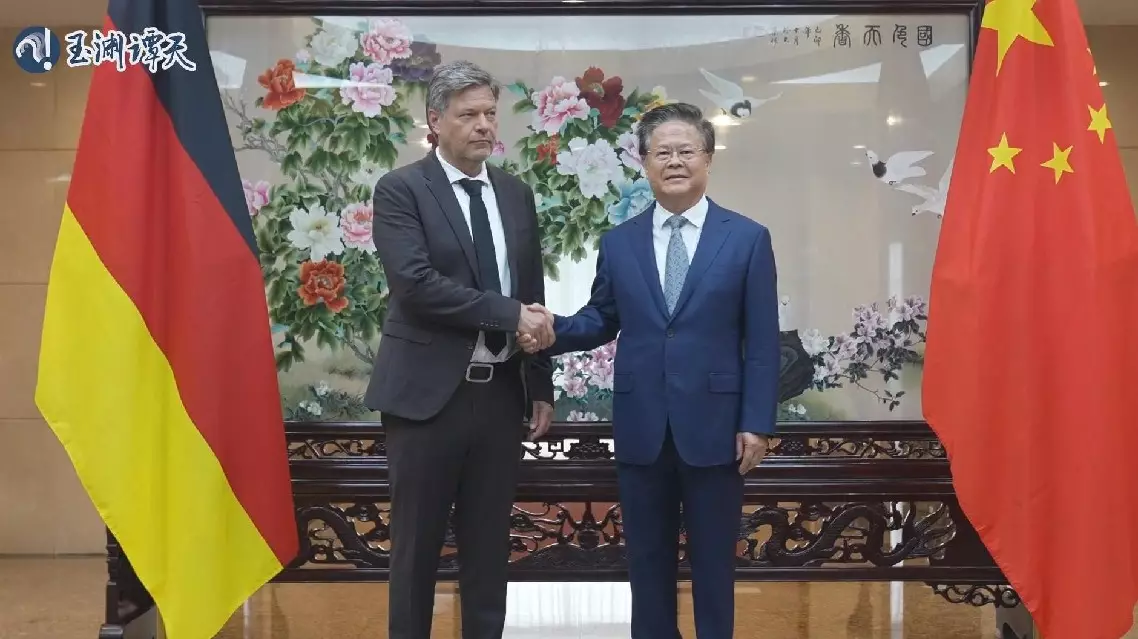
Head of China's top economic planner meets German vice chancellor
The Association of Southeast Asian Nations (ASEAN) should not allow any external parties to engage if it has undressed issues with China, said an Indonesian expert, citing the instabilities foreign forces have brought to conflict-ridden regions such as eastern Ukraine and the Middle East.
In an interview with CGTN commenting on the upcoming 70th anniversary of the Five Principles of Peaceful Coexistence, Humprey Arnaldo Russel, head of ASEAN-China Research Center at University of Indonesia, emphasized the importance of the Bandung Spirit in shaping China-ASEAN relations, highlighting the independence of countries in the region in addressing internal issues.
"I think ASEAN and China, we have the same value, right? I do hope that especially from the ASEAN side, we should not allow any external parties to engage if we have any undressed issues with China, because we have to learn from what happened in Ukraine, what happened in the Middle East. If all countries want peace, probably we will work together to find (it). Because in 30 years of our dialog relation, we can keep this region stable, and also, we can maintain peace and stability in the region," said the expert.
Seven decades ago, then Chinese Premier Zhou Enlai put forth in full the Five Principles of Peaceful Coexistence for the first time - "mutual respect for sovereignty and territorial integrity, mutual non-aggression, mutual non-interference in each other's internal affairs, equality and mutual benefit, and peaceful coexistence."
The Five Principles of Peaceful Coexistence have been widely accepted and recognized by countries across the world. They have become an important norm governing contemporary international relations, according to the Chinese Foreign Ministry.
June 28 marks the 70th anniversary of the China-proposed Five Principles of Peaceful Coexistence, a crucial component of the Bandung Spirit.
In the 1955 Bandung Conference, leaders and representatives of 29 Asian and African countries, which had just won independence, proposed the Bandung Spirit with "solidarity, friendship and cooperation" at the core. And that Bandung Spirit has laid a foundation for China-Indonesia and China's relations with what's known as the Global South today.
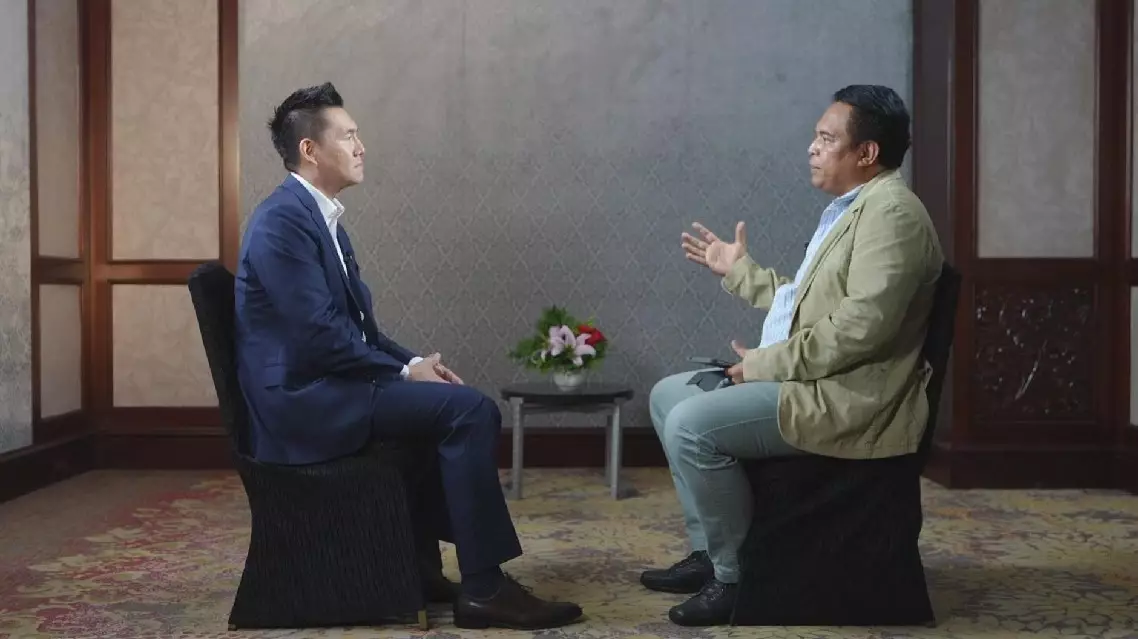
ASEAN should not allow external interference in managing relations with China: expert



